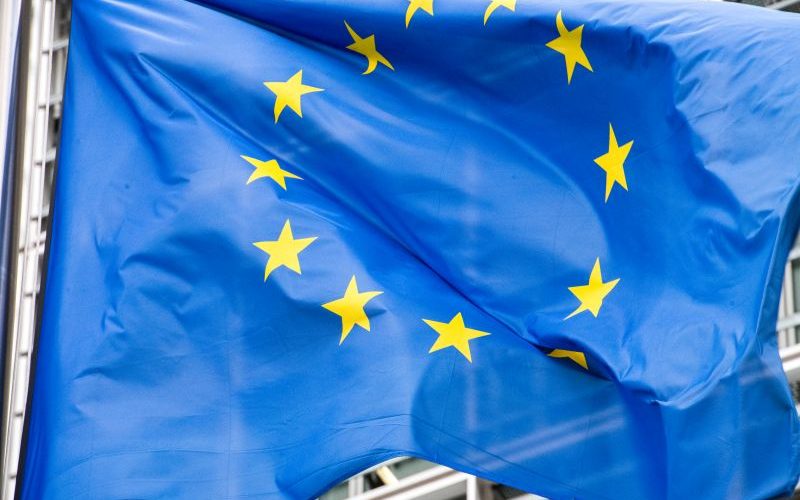The Council of the European Union and the European Parliament have reached a provisional agreement to strengthen regulations targeting non-sustainable fishing practices permitted by non-EU countries in relation to jointly managed fish stocks. The agreement is aimed at ensuring the long-term sustainability of shared fisheries, promoting fair competition, and defending the interests of EU fishers.
“This agreement provides us with stronger tools to address irresponsible fishing practices by third countries and to promote sustainability,” said Jacek Czerniak, Polish State Secretary for Agriculture and Rural Development. “Our message is clear: we are committed to preserving shared fish stocks and ensuring European fishers are not undercut by unfair competition.”
The updated regulation introduces clearer criteria for identifying non-EU countries that enable unsustainable fishing. It refines the definition of ‘failure to cooperate’ and lists examples of non-cooperative behaviour, such as refusing to engage in consultation processes or failing to implement effective control measures.
The new rules also extend the EU’s ability to act against discriminatory or unilateral quota allocations by third countries that result in the overexploitation of shared fish stocks. These provisions will apply in any context requiring international cooperation, including through Regional Fisheries Management Organisations (RFMOs).
Importantly, the revised framework enhances transparency, offering clearer guidance to third countries on the potential consequences of their actions, including possible trade restrictions.
The Council and Parliament have also agreed to improve communication between the European Commission and the co-legislators, mandating regular updates on actions taken against non-cooperating countries.
A key feature of the revision is its emphasis on engagement. The updated rules encourage ongoing dialogue with non-EU countries, both before and after the EU takes enforcement action. In cases involving RFMOs, the agreement specifies that the relevant compliance body will first address the issue before EU sanctions are considered.
Additionally, a formal 90-day deadline has been introduced for third countries to respond to EU notifications.
The provisional agreement must now be formally endorsed by both the Council and the European Parliament before entering into force.
The revision concerns Regulation (EU) 1026/2012, which provides a legal basis for the EU to act against third countries permitting non-sustainable fishing, including through trade restrictions on fish and fishery products.















